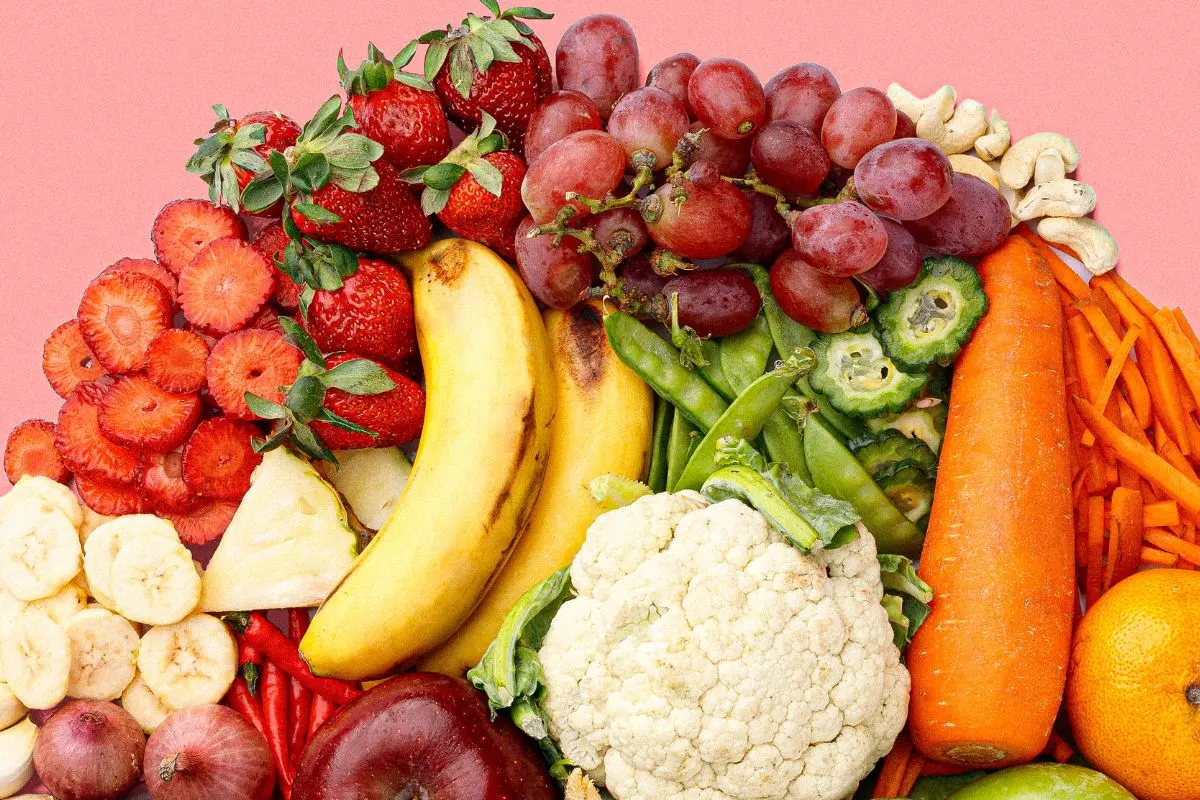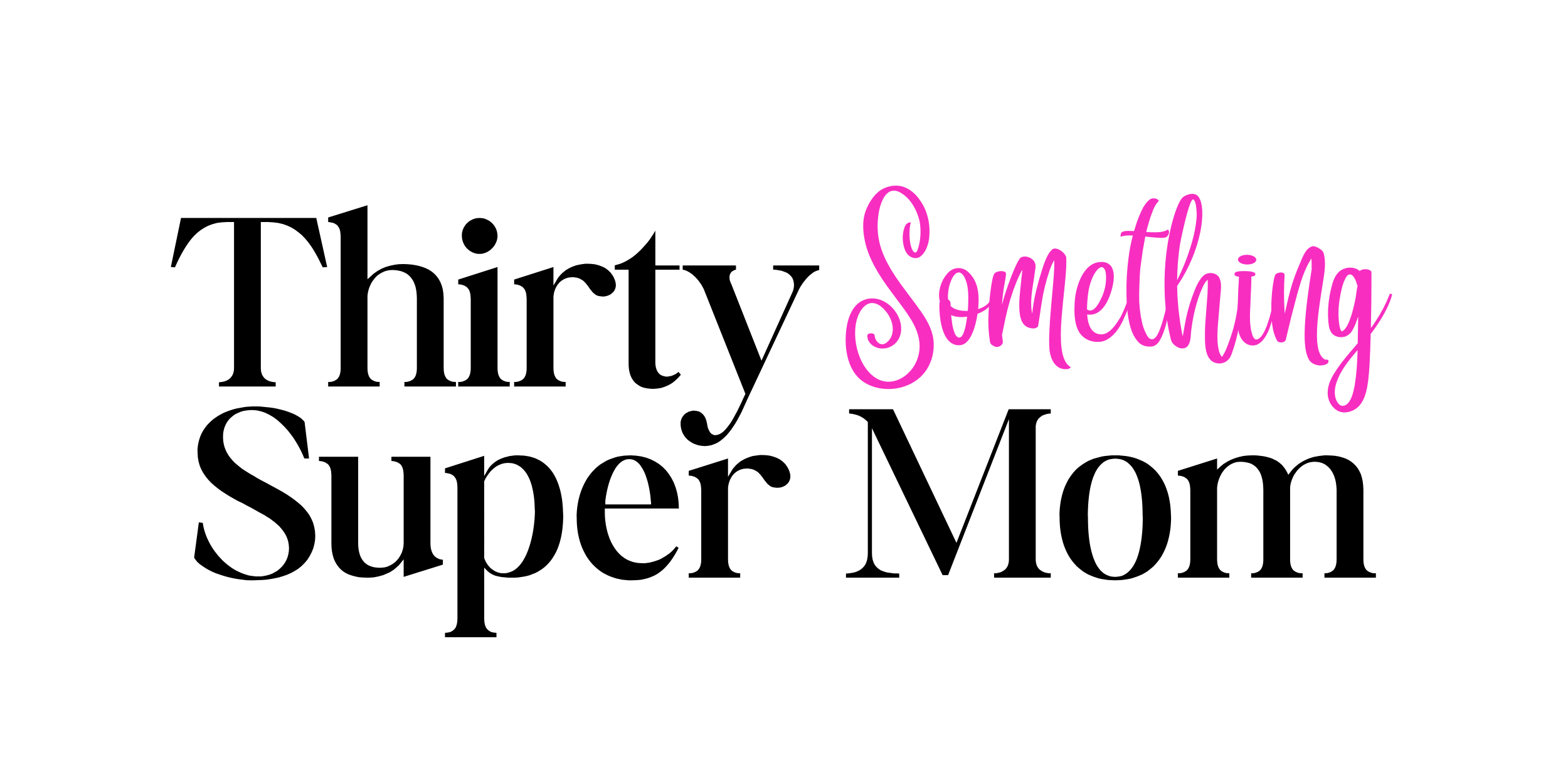Curious about the hidden ingredients in food? Many of us think that reading the labels on our favorite foods is enough to ensure we know exactly what we’re putting into our bodies. Unfortunately, that’s not always the case. In fact, there are secret ingredients in the foods we buy that aren’t required by the FDA to be listed on the label. This revelation may surprise you, but it also highlights a major issue in food transparency.
As someone who’s been following the Specific Carbohydrate Diet (SCD), I’ve spent countless hours reading labels to find “legal” foods that fit within my diet’s restrictions. I thought I was being diligent by scrutinizing every ingredient listed, only to find out that many of the foods I was purchasing contained ingredients not disclosed on the packaging.

What Are These Hidden Ingredients?
According to the FDA, certain “incidental additives” or ingredients present in trace amounts don’t have to be listed on the label if they don’t serve a functional or technical purpose in the final product. This means that some additives—like certain preservatives, processing aids, or even sulfites—may be lurking in your food without your knowledge.
Sulfites and Hidden Additives: What the FDA Says
You may wonder, how can certain ingredients go unlisted? According to the FDA’s guidelines:
“If an ingredient is present at an incidental level and has no functional or technical effect in the finished product, then it need not be declared on the label.”
This includes substances like sulfites, which are often used to preserve the color and freshness of certain foods. If sulfites are present in trace amounts below 10 ppm (parts per million), they may not need to be listed on the ingredient label.
While the FDA regulates major food allergens like milk, eggs, fish, peanuts, tree nuts, wheat, and soy, other substances that could potentially cause harm or irritate sensitive individuals, such as sulfites or gluten in trace amounts, may not be declared. If you’re on a restricted diet or have food sensitivities, relying solely on food labels could lead you to unknowingly consume substances that can cause inflammation or other adverse reactions.
How the FDA Defines Major Food Allergens
Under the Food Allergen Labeling and Consumer Protection Act (FALCPA), the FDA defines the following eight foods as “major food allergens,” responsible for 90% of all food allergies:
- Milk
- Eggs
- Fish
- Crustacean shellfish
- Tree nuts
- Wheat
- Peanuts
- Soybeans
These allergens must be clearly labeled on food packaging. However, allergens beyond these eight aren’t required to be listed unless they are considered major allergens under the FDA guidelines.
Why Should We Be Concerned About Secret Ingredients?
The fact that not all ingredients are disclosed on labels can be a cause for concern, especially for people with dietary restrictions or those looking to avoid specific additives like sugar, gluten, or preservatives. What’s even more alarming is that many of these hidden ingredients could have an effect on your health without you realizing it.
In the U.S., we face a number of chronic health issues related to the foods we consume—conditions like obesity, diabetes, food allergies, and gastrointestinal disorders. For individuals managing these conditions, knowing exactly what’s in their food is critical. So why are we left in the dark about certain ingredients?
In countries like the European Union, food labeling laws are much stricter. The EU requires manufacturers to disclose the presence of over 14 allergens as well as certain additives, colorings, and preservatives. This allows consumers to make more informed decisions. Shouldn’t the U.S. adopt similar practices for the sake of transparency and public health?
The Truth About Food Labeling and Diets
If you’re following a diet like the Specific Carbohydrate Diet, paleo, or gluten-free diet, understanding what’s truly in your food becomes even more important. Many of us who embark on specialized diets do so to heal our bodies from conditions like Crohn’s disease, IBS, or Celiac disease, and consuming hidden ingredients can be detrimental to our progress.
Even if you’re not following a specific diet, knowing about hidden ingredients can be crucial for anyone trying to live a healthier lifestyle. Avoiding certain artificial flavors, preservatives, and processing aids can have a big impact on your overall health, from reducing inflammation to improving digestion.
What Can You Do to Avoid Hidden Ingredients?
The best way to avoid hidden ingredients is to:
- Choose Whole Foods: Whenever possible, opt for whole, unprocessed foods like fruits, vegetables, and lean proteins. The fewer ingredients listed, the better.
- Buy Organic: Organic foods are often subject to stricter regulations regarding additives and preservatives.
- Ask Questions: When dining out or purchasing pre-packaged foods, don’t hesitate to ask the manufacturer or restaurant staff about how the food was prepared and what ingredients were used.
- Use Trusted Brands: Stick with brands that are transparent about their ingredient sourcing and labeling practices. Look for labels that clearly state “no hidden ingredients” or “free from preservatives.”
- Research: Use resources like the FDA website or independent health websites to research additives that may be found in certain food products.
The Bottom Line: Trusting Labels Isn’t Enough
While food labels can be helpful, they are not foolproof. There may still be hidden ingredients lurking in your favorite foods that could be impacting your health in ways you didn’t expect. The best way to protect yourself and your family is by staying informed, asking questions, and being mindful of where your food comes from.
So, do you read labels before making a purchase? Does it worry you that there are “secret” ingredients in the foods we buy? Let me know your thoughts in the comments!
About Thirty Something Super Mom

My journey started after a Crohn's disease diagnosis, inspiring a commitment to well-being. This site shares my distinctive approach to healthy living with my collection of nutritious recipes that boast authentic flavors, mimicking the indulgence of traditional dishes. I love sharing guilt free recipes for low carb, keto, gluten-free, paleo, and the specific carbohydrate diet. I also share tips on natural living, including homemade cleaners and cleaning hacks. I also share my experience as a veterinary technician and pet groomer, to integrate pet health tips, homemade dog food recipes, and grooming insights to ensure your pets thrive.

HauteFrugalista
Thursday 28th of May 2015
such a great post!! I try my best t read them but fail sometimes to follow through. Nobody at home has allergies but Ive noticed that my youngest does not do well with seafood, so that's a no no at home now. Im allergic to salicylic acid which means I must be cautious with beauty products too! thanks, Dee T @HauteFrugalista
Melissa
Thursday 28th of May 2015
Yes beauty products are a worry for me as well. I will have to look more into how they are labeled as well.
Christy Hoover
Wednesday 27th of May 2015
I use to read labels but as of late I just do not consume many foods that have labels on them. I shop on the outskirts of the grocery store only buying fresh produce and meats. Mainly, I go to farmer's markets or directly to the farm to get my food. It takes so much to make food have a long shelf life that I do not even take my chances.
Tiffany
Wednesday 27th of May 2015
What amazing information! I had no idea that there were ingredients they did not have to disclose. I don't have any major allergies but this is truly important for those who do and I will be sure to pass this on to them. Thank you so much for sharing!
Sage
Wednesday 27th of May 2015
This is very interesting info. As a vegetarian, I'm an avid label reader. I think Europe has better standards than the US when it comes to food labeling, and food safety, and I wish the US would follow suit. I cook almost everything I eat from scratch, so I'm pretty safe, but I still think we have the right to know what's in our food!
Tammilee Tips
Wednesday 27th of May 2015
It is so hard to be able to read a food label and know what is in the food. This is great information to know in case of food allergies and sensitivities. I had no idea that there was a secret food list that wasn’t required to be listed out.